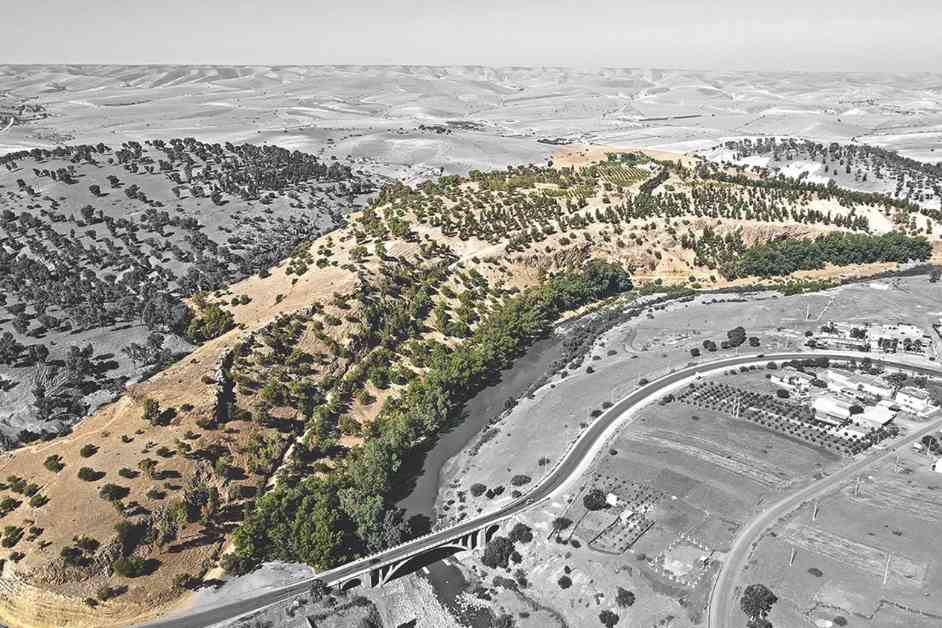Archaeologists have recently made a groundbreaking discovery of an ancient farming society from the Neolithic period in Africa. The study, conducted at the archaeological site of Oued Beht in present-day Morocco, has shed light on the existence of the “earliest and largest” agricultural complex in Africa outside of the Nile River corridor. This farming society is believed to have thrived between 3400 B.C. and 2900 B.C.
The Maghreb region, which encompasses northwest Africa, has been known for its historical significance during the Paleolithic, Iron Age, and Islamic periods. However, there was a notable gap in archaeological findings between 4000 B.C. and 1000 B.C., which the recent discovery at Oued Beht has helped to fill.
Led by a team of researchers from the UK, Italy, and Morocco, the excavation at Oued Beht uncovered a vast farming settlement with remnants of domesticated plants and animals, as well as pottery and stone tools dating back to the Neolithic era. The site also revealed deep storage pits, similar to those found in contemporary sites across the Mediterranean in the Iberian Peninsula.
The discoveries at Oued Beht suggest a complex network of interactions between local communities in the Maghreb and their counterparts in southern Iberia during the fourth millennium B.C. This highlights the integral role that Oued Beht and the wider Maghreb region played in the prehistory of the Mediterranean.
The researchers emphasized the significance of investigating and publishing findings from lesser-known archaeological sites, like Oued Beht, to better understand the interconnectedness of ancient societies across the Mediterranean and Atlantic regions. The study authors underscored the importance of recognizing Oued Beht as a distinctly African-based community that made substantial contributions to the social landscape of the time.
This groundbreaking discovery not only fills a crucial gap in our understanding of prehistoric Mediterranean societies but also emphasizes the rich history of the Maghreb region in shaping ancient civilizations. The findings from Oued Beht open up new avenues of research and offer valuable insights into the cultural exchanges that took place across the Mediterranean during the Neolithic period.
